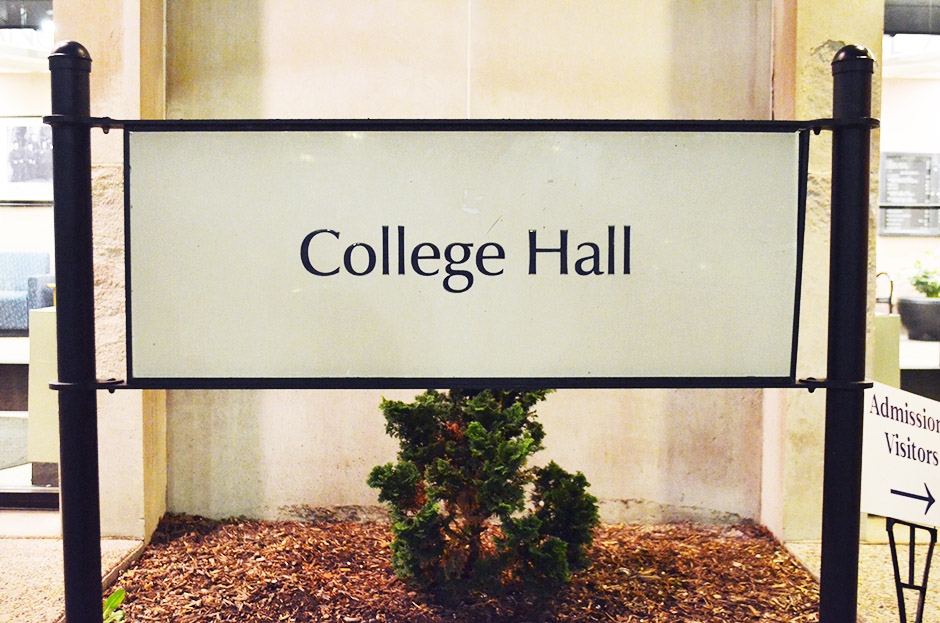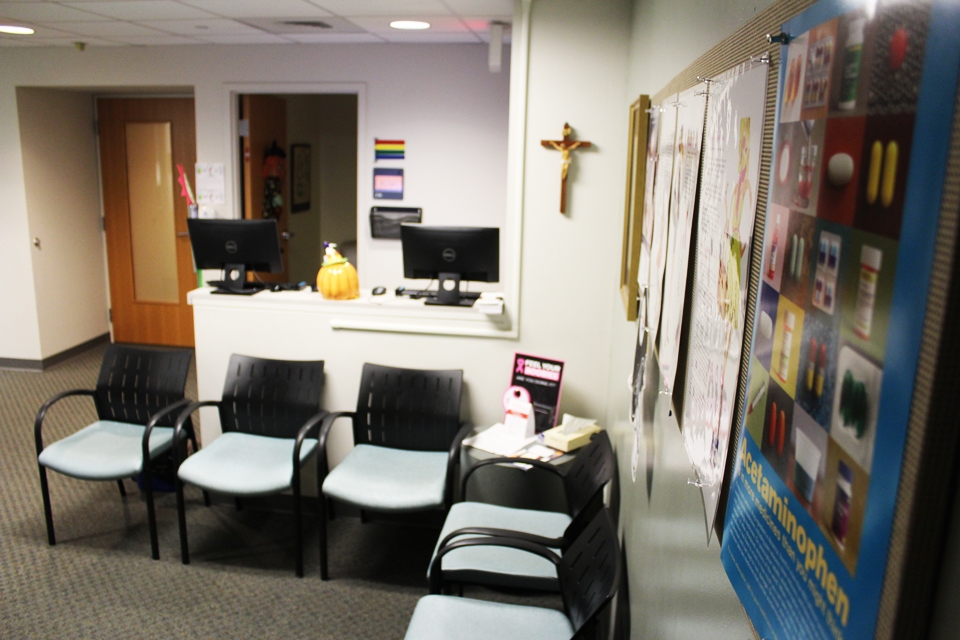By Rebekah Devorak | Opinions Editor
For anyone who had parents suggest a lucrative desk job when confronted with your dream of becoming an actor, music director or choreographer, get your best “I-told-you-so” smirks ready.
Why? Well, the decision to follow your dreams just might result in you outliving those traditional naysayers.
On March 2, Business Insider released a list of 17 jobs that are the healthiest and least likely to be the cause of your death. This information was aggregated from the Occupational Information Network (O*NET), an offshoot database of the U.S. Department of Labor that houses details on specific professions.
O*NET measures work safety and health risk based on six criteria: exposure to contaminants; exposure to disease or infection; exposure to hazardous conditions; exposure to radiation; risk of minor burns, cuts, bites or stings and time spent sitting. These factors are graded from a scale of zero to 100, with a lower number indicating a better score.
The No. 1 best career for your health, coming in with a score of just 5.7, is a product promoter or product demonstrator. If you’ve ever dreamed of showing jewelry on QVC or having your own late-night infomercial, it’s apparently a decent way to go. According to Glassdoor, product demonstrators make between $28,000 and $54,000, with the average falling right at $35,000.
Other occupations that made the cut include actors, music directors, choreographers, fitness trainers, casino booth cashiers who exchange chips for money, massage therapists and talent directors.
The interesting quality about this list is most of the professions don’t actually require college degrees. A handful of them do – such as becoming a postsecondary history or business teacher as well as an advertising sales agent – but others can be done with other forms of schooling or even just a high school diploma.
There’s always been pressure on children to grow up and secure well-paying work. That weight seems to be falling on millennials’ shoulders the hardest as they continue to struggle financially in today’s economy and job market. But that burden has caused us to ignore the fact that there are things out there that are more important than money, such as our bodily well-being.
Business Insider also released a list in 2015 of the 24 professions most damaging to our health. It might be worthwhile to note that this list is longer by seven jobs. The most harmful job, with a score of 65.7, is being a dentist, dental surgeon or dental assistant. Others include anesthesiologists, veterinarians, podiatrists, surgical assistants, emergency medical technicians, radiologists and critical care nurses. These jobs also require years’ worth of intense education.
These work fields had the highest exposure to hazardous conditions, with some reaching the maximum 100 score like derrick operators. Employees are obviously compensated handsomely for this increased risk and can make up to $72,000, according to Glassdoor. But is that extra cash ultimately worth the risks of having a dangerous job?
Even regular ol’ office jobs are terrible for your health. Office workers — which Business Insider says makes up 86 percent of American workers — are prone to sitting for hours upon hours straight. Studies show that constant sitting leads to heart disease, obesity, cancer, diabetes, musculoskeletal disorders or early death — even if you exercise consistently.
Our tendency to slouch doesn’t help, either, according to research conducted by the Pennington Biomedical Research Center in Louisiana. Not only will we end up looking like hunchbacks when we hit a ripe old age, but slouching over a computer desk contributes to chronic illnesses such as arthritis or bursitis.
To be fair, Dunder Mifflin Regional Manager Michael Scott did try to warn us about the dangers of working in a modern office, even if those dangers aren’t crippling depression.
Jokes aside, it feels like kids today are looked down upon if they choose a path other than college. But if they decide to build a career off of one of those 17 jobs above, they just might end up better off than the rest of us.



